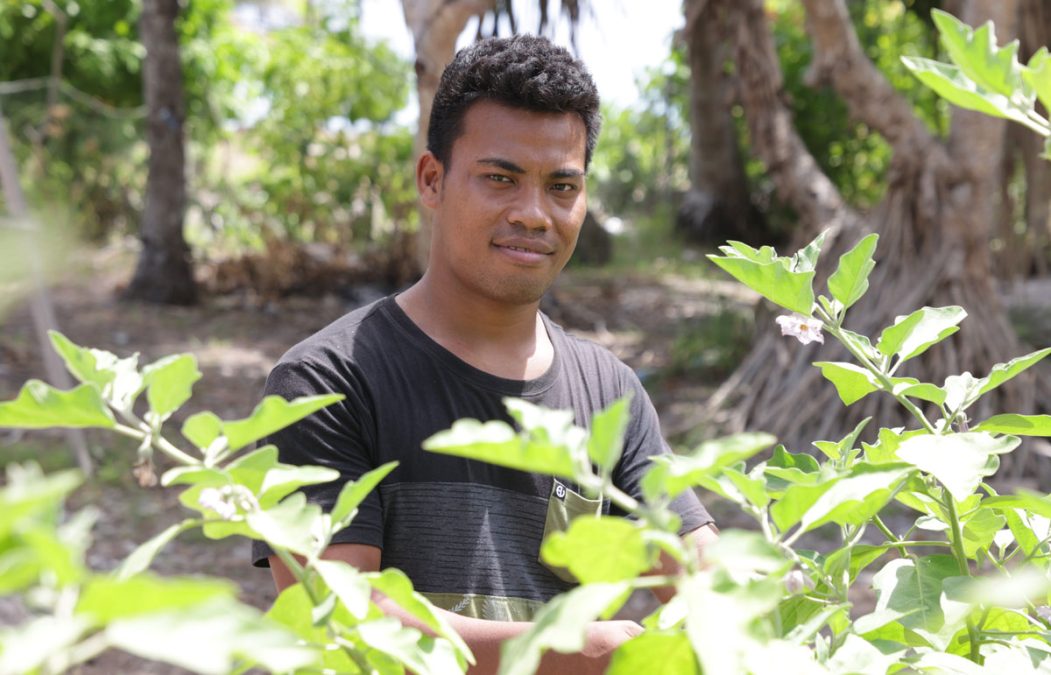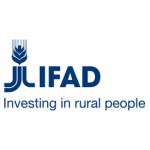There are few places in the world as remote as Kiribati in need of self-sufficient farming techniques. This tiny atoll of sandy beaches and lagoons is moored in the middle of the Pacific Ocean, thousands of miles away from any mainland.
Like in many island states in the Pacific, the low-lying and sandy landscape is unsuitable for farming while their remoteness makes it hard to access and afford essential farming inputs.
The result is that many people rely on a few limited sources of nutrition and processed imported food, leading to a high prevalence of diseases related to diet and lifestyle, like diabetes and heart disease. In 2019, non-communicable diseases (NCDs) accounted for 73 per cent of deaths in Kiribati, compared to 45 per cent in the less remote island of Madagascar.
But with support from IFAD, rural people are leading the way in sustainable farming, using self-sufficient farming techniques that nurture natural resources and make the best use of what is available in their small island communities.
By doing so, they are making diverse nutritious foods available and creating a foundation for better health in the years to come.
Read the full piece on self-sufficient farming in the remote Pacific on IFAD Stories.
Header photo: © IFAD/Barbara Gravelli



